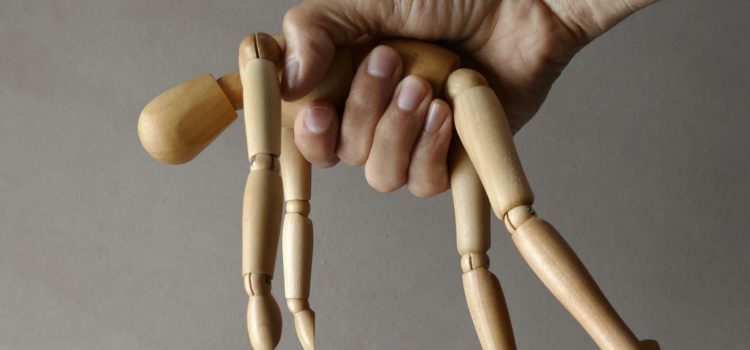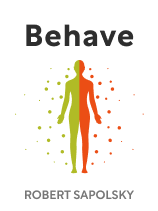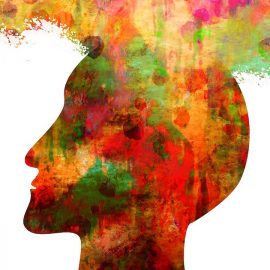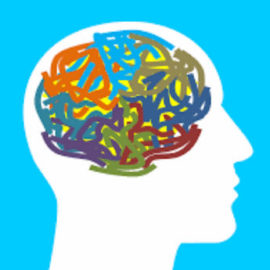

This article is an excerpt from the Shortform book guide to "Behave" by Robert Sapolsky. Shortform has the world's best summaries and analyses of books you should be reading.
Like this article? Sign up for a free trial here .
Does free will exist? Do you believe that your behavior is the manifestation of fate or free will?
Most people believe their behavior and decisions stem from their conscious choice. The idea of free will is an attractive one, but some scientists maintain that it is an illusion.
Here’s why free does not exist, according to Behave author Robert Sapolsky.
Free Will Is an Illusion
Does free will exist? Sapolsky doesn’t think so—he believes that free will is an artificial construct we use to fill the gaps in our understanding of human behavior. If this is right, then, logically, someday we’ll close up all of those gaps and have no more need (or space) for the idea of free will.
While giving up the concept of free will is a disturbing notion, Sapolsky has some thoughts about why doing so would only change things for the better:
Dangerous people will still be arrested and—if needed—punished. Just because it’s not their “fault” doesn’t mean that dangerous people would be allowed to walk around freely. What it does mean is that justice would no longer focus on punishment, except as a means to discourage them from relapsing into their bad behavior. Instead, the focus would be on fixing whatever caused them to act that way in the first place.
(Shortform note: Studies have shown that rehabilitation is more effective—and cheaper—than punishment-focused prison systems. When prisoners receive health care and mental health treatment, learn marketable skills, and have the opportunity for an education, violence rates in prison drop significantly and prisoners are far less likely to reoffend after release.)
People would still take credit for their good deeds. While it doesn’t make logical sense for people to feel pride in their actions if they didn’t “choose” those actions, it’s unlikely that we’ll ever completely separate ourselves from our egos. Sapolsky’s hope is that we’ll eventually use our concept of free will for harmless things—for instance, taking pride in your skill at a game, or your taste in clothing—instead of using it as a reason to judge and punish others.
Selflessness in Religion and Science
While Sapolsky says that people will probably never separate themselves from their egos, many religions throughout history have urged us to do just that:
- Christianity teaches that self-centered thoughts like pride and greed are among the worst sins a person can commit, while selfless acts—charity, diligence, and humility—are among the greatest virtues a person can have.
- Hinduism teaches that all things come from God, are part of God, and will return to God (rather than from ourselves).
- Buddhism says that we have no “self” as most people think of it. Rather, each of us is one tiny part of a single, universal whole. Buddhism also teaches that all suffering comes from thinking of ourselves as separate from what’s around us.
If we truly have no free will—if we’re nothing but the culmination of our biology and our experiences—then science agrees with religion that we should let go of pride, selfishness, and egotism.

———End of Preview———
Like what you just read? Read the rest of the world's best book summary and analysis of Robert Sapolsky's "Behave" at Shortform .
Here's what you'll find in our full Behave summary :
- An exploration of the myriad influences on human behavior
- A scientific look at why some people do such terrible things
- If there's really such a thing as free will






